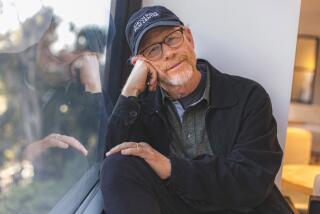Showbiz lives: Ron and Clint Howard open up in their breezy, brotherly Hollywood memoir
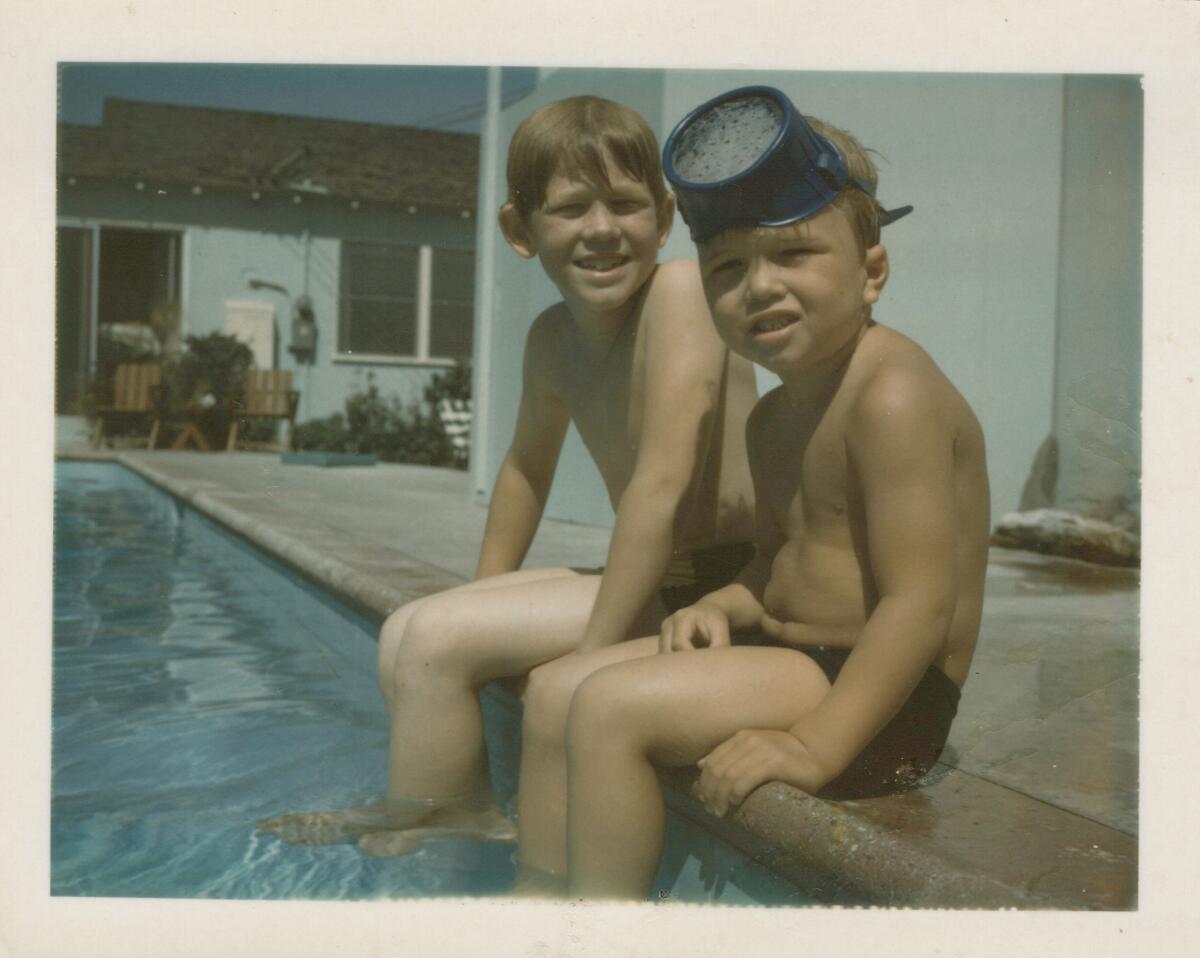
“Clint, you’re sideways.”
“Well, I either have to be sideways or upside down. What’s better?”
“Sideways,” says Ron Howard, steady helmsman of about 30 features and documentaries. Brother Clint Howard, five years his junior and proud owner of more than 250 acting credits, nods with something like satisfaction. His image on the screen remains sideways, and his older sibling allows the slightest of smiling head shakes — a silent “That’s my brother.”
In tank top and wildish white hair, Clint looks in character for a movie located deep in the woods of North Carolina, but he’s in the state for an “Andy Griffith Show” fan event (Ron, of course, played young Opie on that ’60s hit, while Clint had a beloved recurring role as Leon, the kid cowboy armed with a sandwich). During a Zoom interview, Ron talks more than Clint, is more functionally illuminated and moves less. Gravity-defying Clint is side-lighted by a window, somewhat deferential to big brother but more animated and quick to guffaw.
The brothers had runs of acting success as kids, Ron on “Andy Griffith” and others and Clint all over, including as the non-ursine star of “Gentle Ben.” After starring in “Happy Days,” grown-up Ron directed such films as “Apollo 13” and “A Beautiful Mind,” winning Oscars for directing and producing the latter. Clint became one of the more recognizable character faces in movies and on TV shows such as “Star Trek” and “Mod Squad.”
Now they’re in their 60s and have together written a book of the Howards: “The Boys: A Memoir of Hollywood and Family,” about their experiences growing up in the business and coming out more or less sane. They join the L.A. Times Book Club at L.A. Live on Oct. 15 to discuss their memoir.
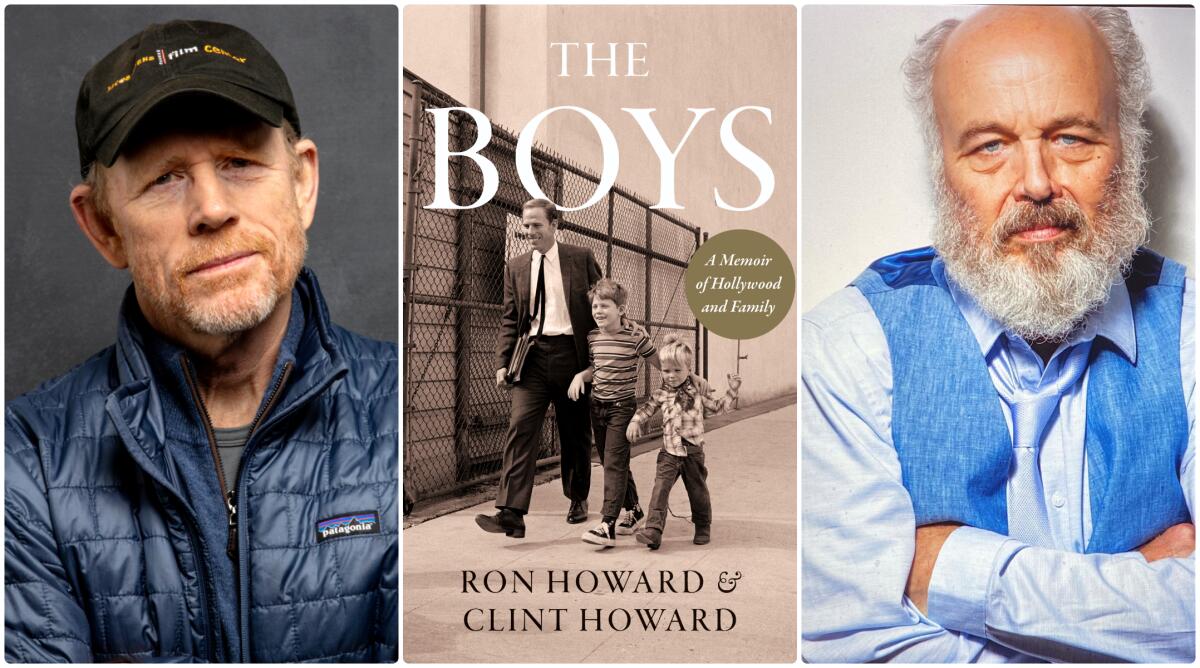
Ron had been approached over the years by publishers seeking an autobiography, but he hadn’t wanted to do it. He says frequent collaborator Tom Hanks, a published author himself, told him: “‘You probably should, but focus entirely on your childhood. That’s what everybody’s curious about.’ And he was right.”
The brothers have been asked all their lives about growing up in the business, but it took a major life milestone to spur them to finally put it all down.
“When our father passed away” in 2017, said Ron, “he was the second of our parents to pass; we had that experience of suddenly being grown men who were orphans. Preparing the memorial for Dad entailed a lot of looking back, which is not something I think either Clint or I particularly do a lot of.” He adds that “Da Vinci Code” author Dan Brown (whose Robert Langdon novels have been made into hit movies by Howard and Hanks) urged him to write the memoir jointly with Clint.
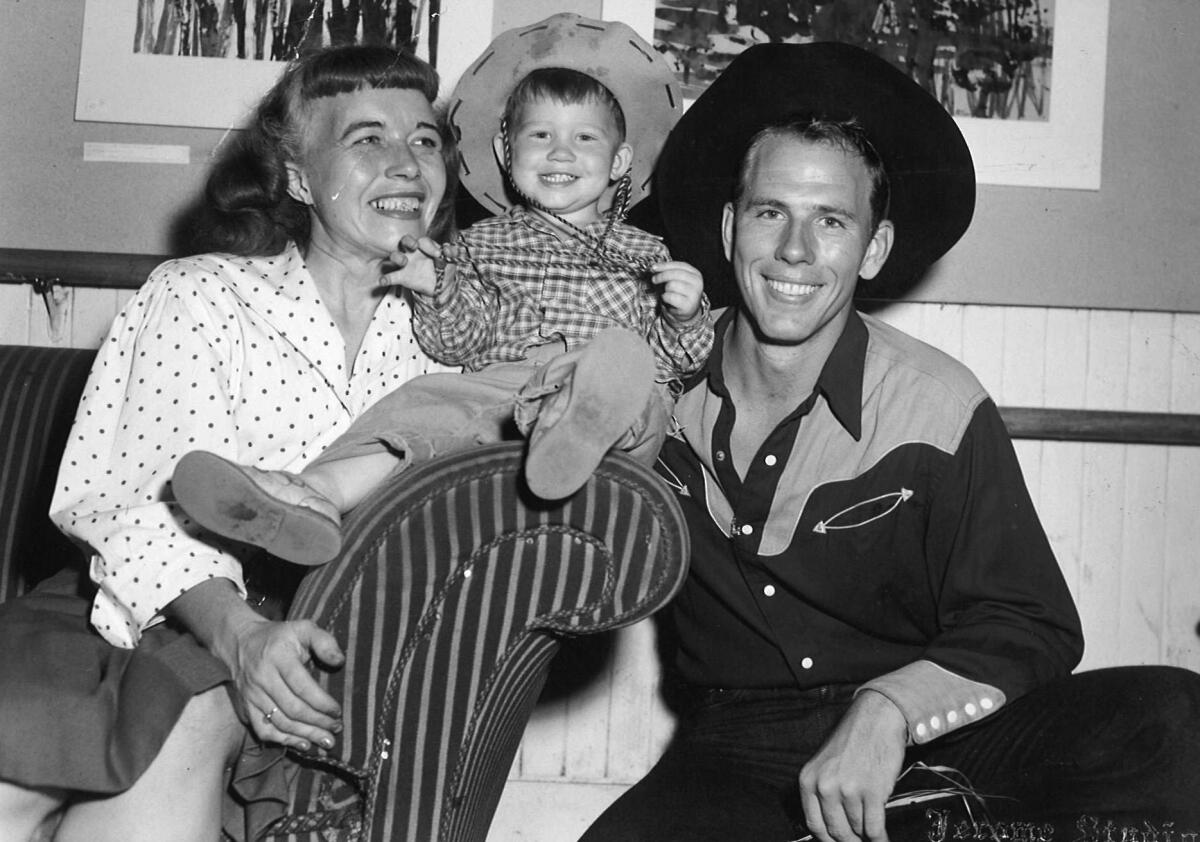
Clint says, “The way the book lays out is very much the rhythm of Ron and I’s relationship. Ron is an awesome, awesome big brother. And yet we share 180-degree shifts in attitudes and perceptions about things. He was the first kid. He was a lot more sheltered than I was.”
Clint razzes his brother for his “half-ass jump shot” (Ron coached Clint’s youth basketball team, leading them to a championship) and recalls how he demanded profit-sharing and other perks when acting in Ron’s earliest short films.
Ron says, “Clint came out of the womb with a sense of humor, a raised eyebrow, a skeptic’s view. He’s an extrovert. I’ve always been impressed with his wit and his confidence, the way he faces the world. I’ve always been more cautious. Some of that probably came from my early years as a child actor, where I felt like I didn’t quite fit in, like I was ’other.’ I felt that in a way that Clint never seemed to or bend to.”
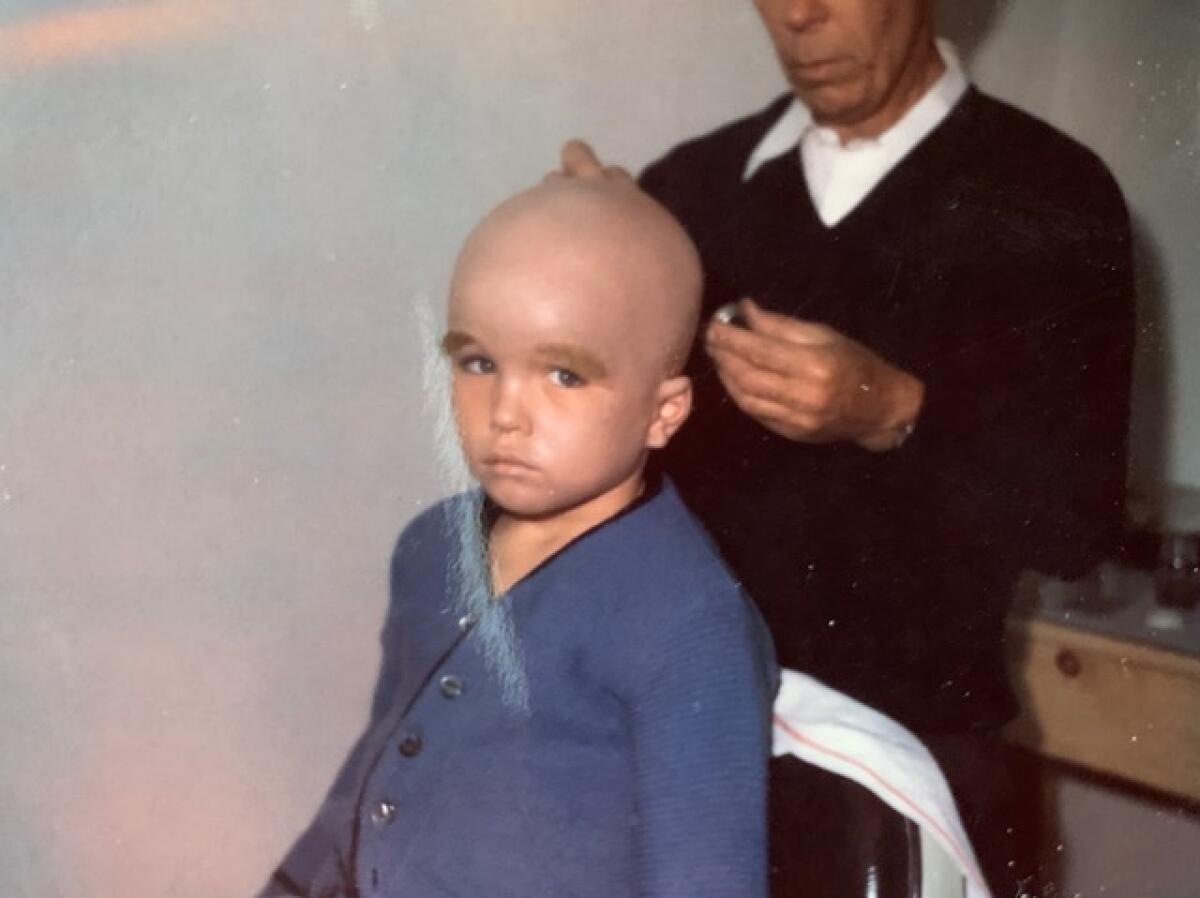
Ron was a first-grader when he was cast on “Andy Griffith” in 1960; he was in eighth grade when it ended. When they weren’t at a one-room studio school, he and Clint attended a string of Burbank public schools rather than highfalutin private ones; their parents held the bulk of their earnings in trust rather than indulging in a fancy Hollywood lifestyle. That also meant, however, that his celebrity status had its ups and downs.
“I watched Ron navigate being ‘Opie-shamed’ and picked on,” says Clint. One of the more surprising nuggets in the book is that Ron — frozen in the public consciousness as squeaky-clean TV nice characters — got in plenty of fights as a kid, facing down bullies looking to take Opie down a peg, sometimes on his front lawn as his parents looked on. “I had a huge advantage of having Ron to be the wonderful example.”
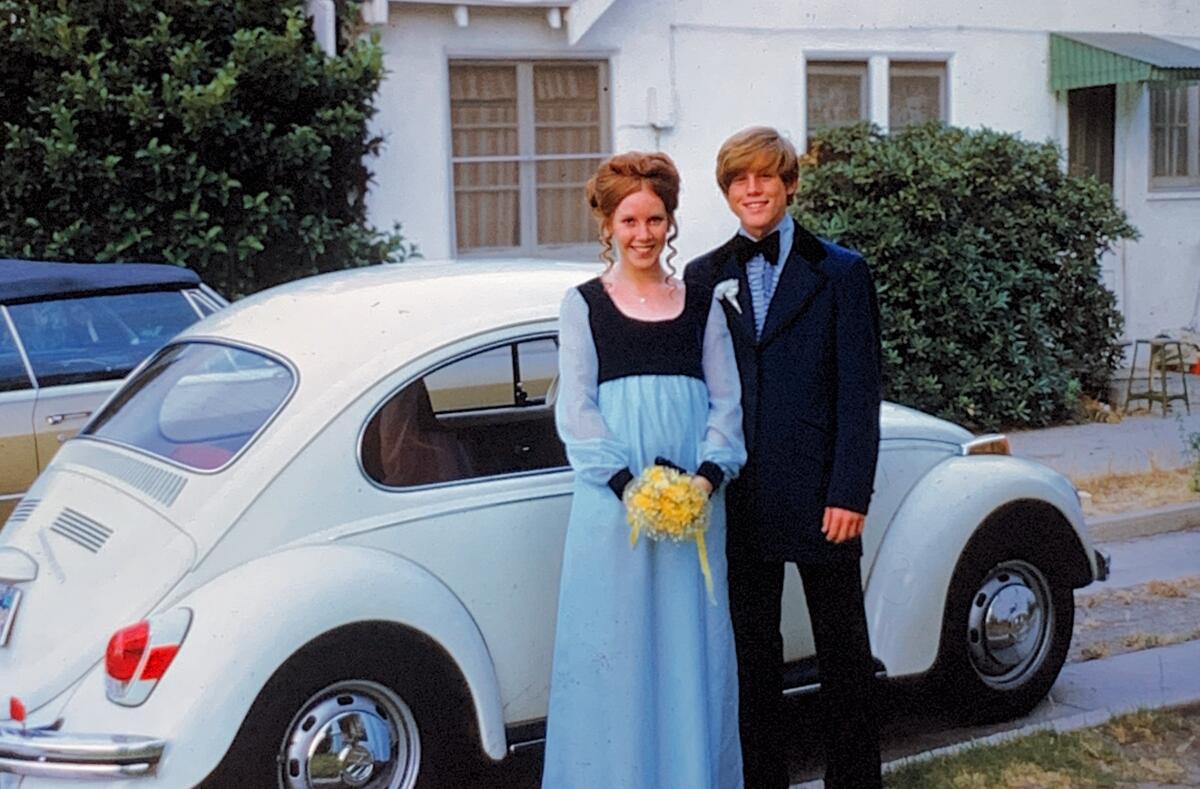
Ron says, “[Clint’s boldness] was from my mom’s side of the family; she was gregarious, she was energetic, she was funny. She was fearless. Dad’s side of the family was more cautious. ... I mean, Dad had big dreams.”
The book has its share of showbiz reminiscences: Tales of Burt Lancaster showing up at a production’s motel to carry on a long-running affair; Harrison Ford and Paul Le Mat bombing poor “Opie” with beer bottles in a motel parking lot during the making of “American Graffiti”; Bob Gibson and Bart Starr appearing on “Gentle Ben.” The volume and olfactory signatures of the sweat of some of young Ron’s adult co-stars are among the more vivid recollections.
But more than anything, “The Boys” is about how their father, Rance Howard, and mother, Jean Speegle Howard, shaped them and their careers. Jean gave up her acting dreams early on in service of the family; Rance pursued his until the end while mentoring their sons in the business. Ron says the brothers’ “survival” through the perils of Hollywood (including Clint’s struggles with addiction, described in the book) had “everything to do with our upbringing and the kind of offbeat parental sensibility that affected us in such a powerful way.”
In exploring that, the titular boys came to better understand their parents.
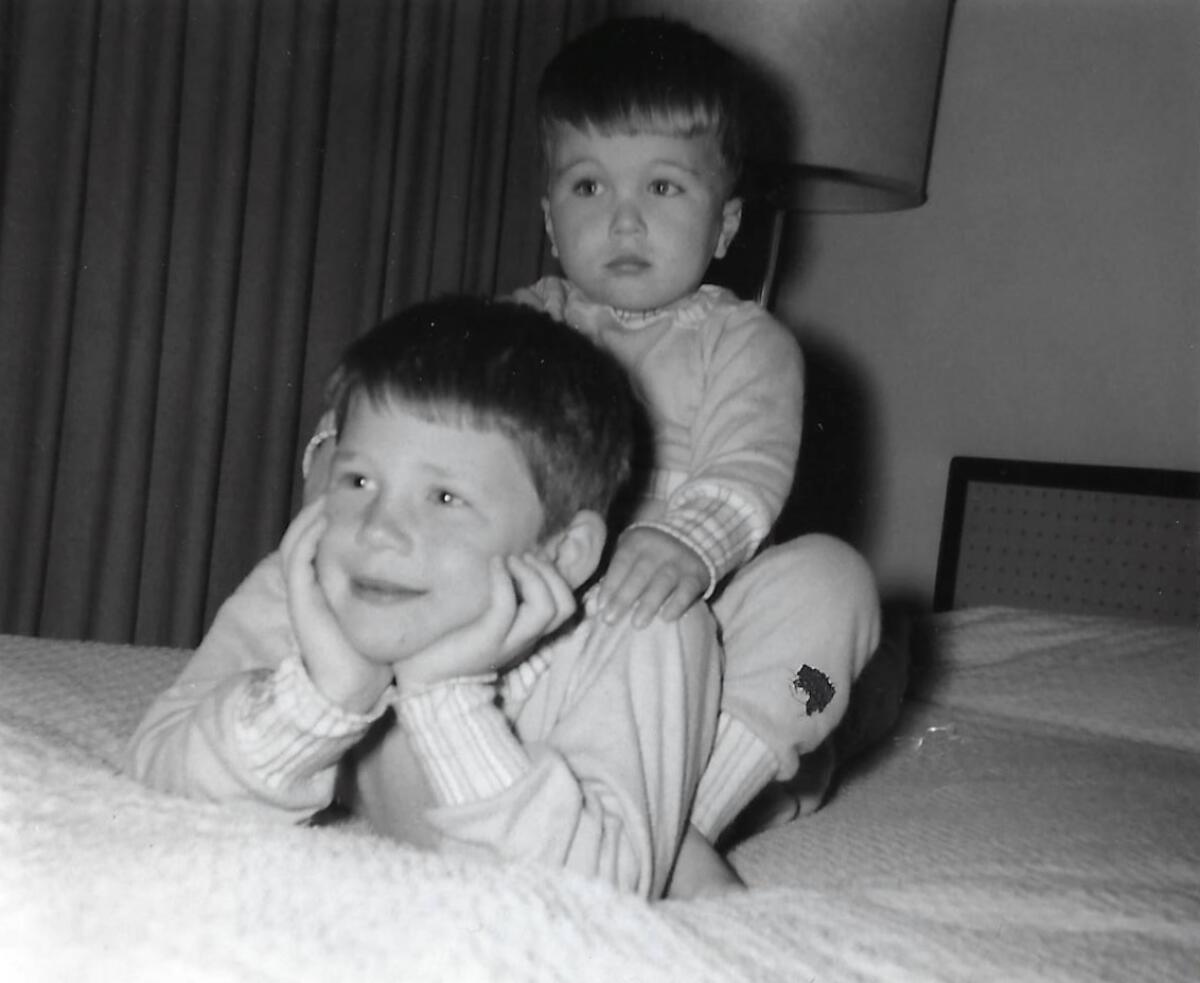
“Something I learned from [working on] the book: Our parents, they were eccentrics. They were outliers,” says Ron. “They came from the Midwest [Oklahoma], and if you met them, you’d say, ‘Salt-of-the-earth Americana stands before you.’ But the reality was, what middle-of-the-road Middle American kid thinks, ‘I’ll just leave and go to New York or L.A.’? And they did that.
“They were too adventurous for Oklahoma and a little too cornpone for Hollywood. They were ‘sophisticated hicks’ — my mom came up with that one.”
A lot of actors would love to have Rance Howard’s career — close to 300 film and TV credits, plus some screenwriting along the way — but the book’s portrait of him professionally is of a constant scrapper: A working man struggling through long, painful dry stretches. All along, his sons’ view of him as a loving, pragmatic guide stays steady. When very young Ron reads some, ahem, colorful (American) graffiti in the toilet stalls on the “Andy Griffith” set and asks his dad about it, Rance explains it in matter-of-fact detail. Likewise, the veteran performer coached his sons on their scenes not as if they were child actors but just actors: He didn’t teach them to play cute for the camera but to listen and respond. He took them to movies such as “The Wild Bunch” in their youth.
“And on the other side,” says Clint, “Ron and I both love Mom dearly. But we both have regrets, that we probably picked on her a little too much. In fact, I know we picked on her too much. We mention it in the book: Mom had her issues; Mom was probably OCD. Yet she was such a dynamic woman. ... Dad would never have been Dad without Mom.”
“Working on the book, it was equally important to recognize the foibles and the actual heroism of our parents. Our story is kind of a survival story. The system sets kids up to fail,” Ron says of Hollywood’s long-established appetite for a kind of hermetically sealed cuteness that turns to ash — along with job opportunities — for child actors as they commit the sin of growing up.
“We could have failed spectacularly. Arguably, should have,” he adds. “I began to recognize the great fortune but also a handful of turning points where things could have gone in a very different direction for me. With help from my parents and great fortune and some of my own personal tenacity, it sort of added up to a better outcome than I could have dreamed.”
Book Club: Join us
What: Ron and Clint Howard discuss “The Boys” with Times columnist Mary McNamara at the L.A. Times Book Club.
When: 7 p.m. Pacific Oct. 15.
Where: Watch on YouTube.
Info: latimes.com/bookclub
More to Read
Sign up for our Book Club newsletter
Get the latest news, events and more from the Los Angeles Times Book Club, and help us get L.A. reading and talking.
You may occasionally receive promotional content from the Los Angeles Times.

